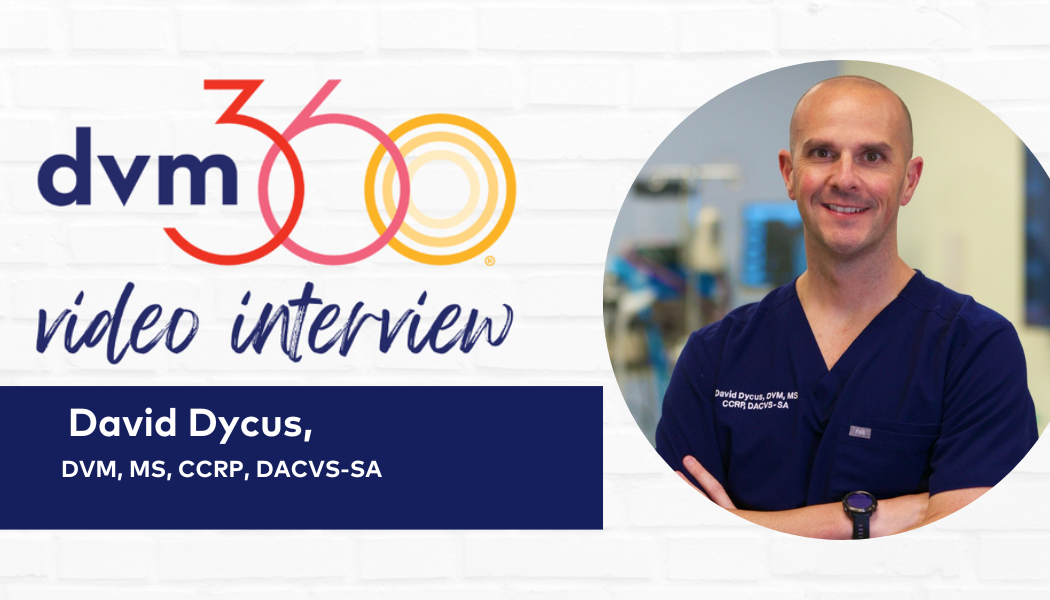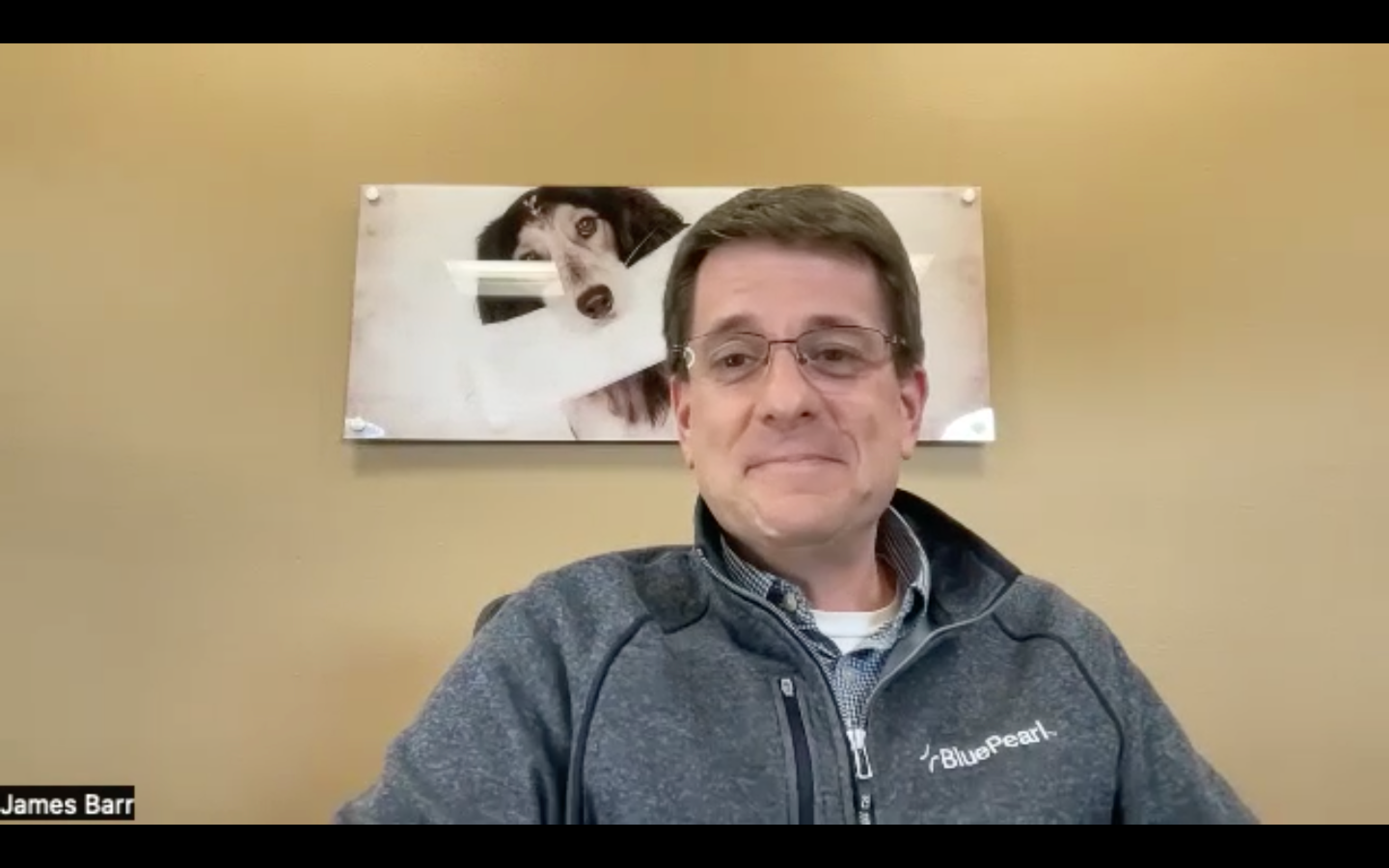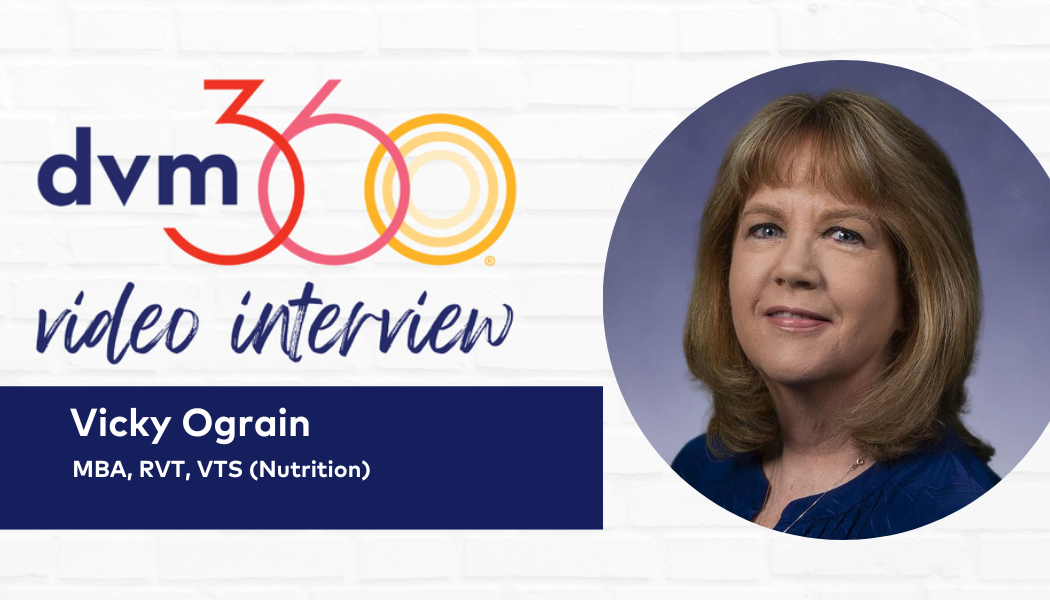Surviving vet school: staying engaged while staying home
How do you transition from a well-planned final year of veterinary school to the unprecedented realm of cyber-clinics? How do you stay connected with your future profession from your couch?
Natallia / stock.adobe.com

After nearly two decades in the classroom, we veterinary students embark on the most intense four years of our academic career. Through many sleepless nights, with the help of gallons of caffeine, we made it through three years of exams, practicals, presentations and projects. Finally, the day every vet student looks forward to arrives: the first day of clinical rotations.
On January 2, as I donned my white coat for my first day of early-entry clinical rotations as a third-year veterinary student, I said to myself, “2020 is going to be my year.” Eager for the upcoming adventures, rotations and externships, I remember walking into that first day of clinics knowing that this was the start of a wild journey. We were finally beginning what we had been looking forward to since our first anatomy lab two and half years earlier: helping real patients. Unfortunately, COVID-19 cut short our excitement as we were rerouted to a much different kind of journey.
The great unknown
About 10 weeks into the year and our rotations, COVID-19 took full control over our veterinary school careers. All the hours my classmates and I had spent choosing our rotations, coordinating externships and anticipating our grand entries into each rotation suddenly seemed pointless. Our focus and goals shifted, rightfully so, from our individual clinical plans to public health and safety. Hands-on clinics became cyber clinics, and elective courses moved from the classroom to the computer.
Within days, our school administrators and clinicians created a cyber clinical platform and transitioned all our elective courses to video lectures. In a time of great uncertainty, they created stability so we could continue our education. However, as the weeks progress and our clinical timeline remains uncertain, it is difficult not to wonder how this will impact our overall educational experience.
When will we be able to have our hands-on experience? Will we be able to participate in our planned externships? When will we be able to return to the routine of spending our days learning from clinicians and helping patients? Will we be able to take our licensing exam on time this fall?
Connecting through consistency
Despite the new uncertainties each day brings, I have decided to change my perspective. Rather than become overwhelmed with the unknowns, I look for consistency. Although we are not physically on rotations or externships, both veterinarians and administrators continue to show unabating enthusiasm.
In an unprecedented and difficult time for all, I have discovered that mentorship helps me navigate through this new normal. In fact, mentorship and building connections have been crucial in preserving both my desire to learn and my mental health. Instead of focusing on the current stressors surrounding my education, I connect with those already established in the field to visualize what my future will one day look like.
We may not be able to have hands-on learning right now, but we can learn so much from those with experience in the profession, even with just a 30-minute phone call. Social media, networking websites, state veterinary medical association mentorship programs, and professional and specialty organizations are just the starting points for providing veterinary students with many outlets for staying engaged and developing professionally. We students have much to learn, but we also have the best guidance and mentors to help us succeed.
Maintaining the mentorship
Just as veterinarians in the field can serve as inspiration and support for veterinary students, we students can pay it forward to our peers and pre-veterinary students. I encourage my fellow third-year students to reach out to your personal network and your university’s pre-veterinary society to see how you can help others navigate the maze. Contact your Greek life alumni association to see who else is in a similar situation. Check in with your classmates to see how they are doing. I can say from personal experience that all of these networks have helped me tremendously.
In a time of uncertainty, the one thing we can count on is that the entire veterinary community is here to support one other. Whether that be a mentee reaching out to encourage a mentor after a hard day or a mentor reaching out to see if they can help a mentee understand a difficult medical concept, we can all stand strong together through this hardship.
From all of us veterinary students, thank you to the veterinary professionals who will help us through our clinical year, especially those who take the time to help us remotely. You are a wonderful representation of the profession, and we cannot wait to join you in full as clinical year students and future new veterinarians.
To my fellow fourth-year students, we will come out of this stronger and we will eventually get back to clinics. We have been given the best resource in supportive and enthusiastic mentors and, just like they already are, we too will be great doctors by the end of this wild journey.
Melissa Dominach is a third-year VMD candidate at the University of Pennsylvania School of Veterinary Medicine. She is pursuing small animal medicine with interests in surgery, rehabilitation and dentistry.










